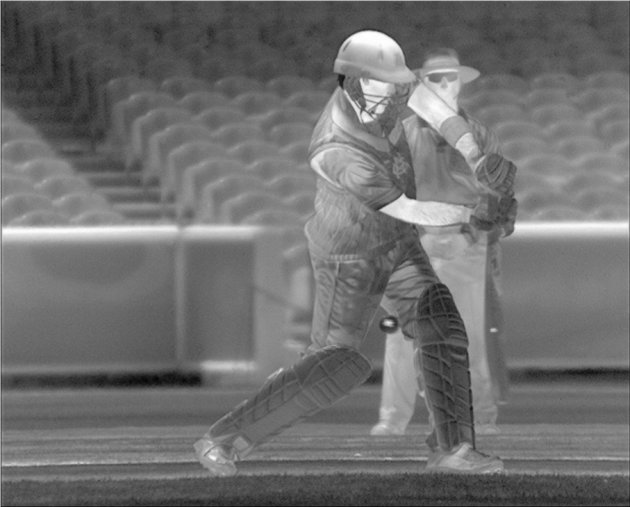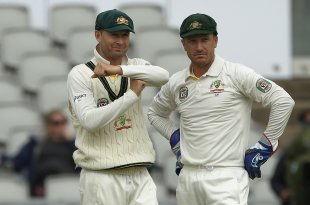
(1) The most exasperating aspect of the debate around the Decision Review System is the number of people demanding “100% fool-proof technology.” Firstly, let’s get it out of our heads that there is no such thing as “fool-proof” technology. The ICC isn't NASA, and even NASA can't lay claim on an error-free record.
(2) Joining the bandwagon of these stuck-up people is Jagmohan Dalmiya, who holds the single most important job in world cricket today yet devalues his office with this childish quote: “Let them come up with a system which is 100% correct.” He’d sooner see the Pope renouncing Catholicism. Mr. Dalmiya, please get the BCCI to stop making this infantile demand.
(3) There’s a rapidly-rising pile of DRS errors (from the Ashes alone), nearly all pointing to human — and not technological — failing. Yet there’s not one voice from the ICC, the BCCI or any other cricket board that has called for the umpires’ failings to be investigated. Clearly the need of the hour is training the umpires to use DRS correctly. Instead, all we hear is the noise over heat-masking tapes. A case of warped priorities?
(4) Instead of asking for “100% fool-proof technology” why don’t we ask for 100% honesty from players? That’s a worthier goal and certainly the more achievable of the two. Look at the people who're known for their integrity: Lara, Gilchrist, Bedi, Tendulkar, Dravid. Is there a worthier pursuit than emulating these fine gents?
(5) In June, Denesh Ramdin was suspended for two ODIs for claiming a dropped catch. He was charged for cheating. Yet, when Stuart Broad didn’t walk in Trent Bridge, there was nothing in the ICC code of conduct to punish him with. This is clearly a flaw in the rulebook. Why not have disincentives (fine or bans) for all explicit acts of cheating? It would only help on-field umpires.
(6) There will be those 50-50 decisions that are hard to call – the close LBW, the tight run-out or stumping. It’s important to dismiss a batsman only when explicit evidence of his dismissal is available. Sadly, we see umpires playing guessing games. Stop that, please. The results of these badly-calculated guesses are there for all to see. Khawaja, Trott, Pietersen... who knows how many more before the Ashes is done.
(7) The primary objective of DRS should be the 100% removal of the howlers. To avoid Broad-like cases, there needs to be a mechanism where the third umpire quickly intervenes to make the right call, whether or not reviews remain. It’s the simplest thing in the world yet it never happens. You have TV umpires helping on-field umpires all the time for no-balls, fours and sixes. They should also intervene for calls that can potentially decide a game.
(8) Why stop at two reviews per team per innings? A Test innings can last 200 overs, so why should it have the same number of reviews as a 20-over innings?
(9) Once you raise (or remove) the cap on the number of reviews per team, you risk slowing down the game through wasteful reviewing. To counter this, have a system of ‘free’ and ‘paid’ reviews. Once a team has exhausted its regular ‘free’ reviews, and if they find themselves in a Broad-like situation, allow them to ‘buy’ a review. If they review correctly, they lose nothing. But if they’re wrong, let them pay a penalty of five runs for time wastage as prescribed under Law 42.9.
(10) Apply the KISS principle to DRS. It’s there for improving decision-making, not to protect the umpires and confuse players and spectators. Trim that fat rulebook starting with the “umpire’s call” nonsense. (Remember this Kallis incident?) An out is an out and you can’t create laws that contradict each other, or complicate decision-making. Points (4), (7) and (9) alone solve most of the problem.
Parting note: no matter the technology or the skill of the umpire, there will always be the occasional controversy. And that's a good thing. After all, I need something to fill the sports pages with!

No comments:
Post a Comment
Your views